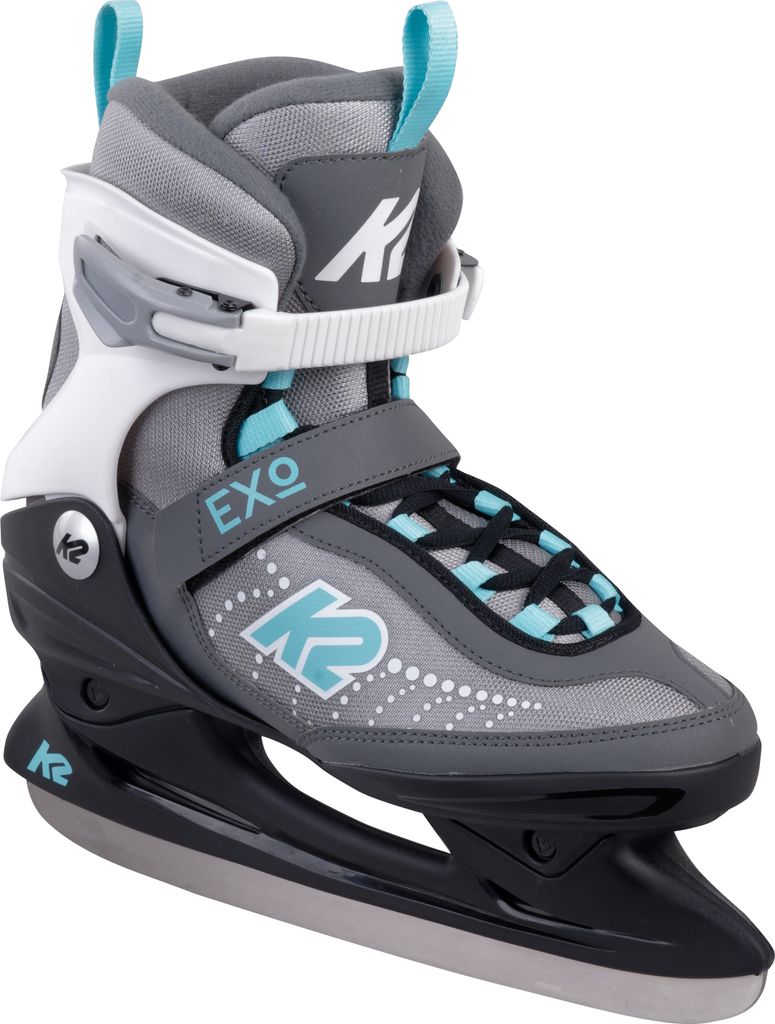
K2 Inline Skates Kinder Raider Pro XT verstellbare Rollschuhe Gr. S 29-34, Mehrfarbig : Amazon.de: Sport & Freizeit

2in1 Schlittschuhe Inline Skates Inliner Croxer Optima Black verstellbar (39-42(24cm-26,5cm)) : Amazon.de: Sport & Freizeit

2in1 Schlittschuhe Inline Skates Inliner Raven Spirit Black/White verstellbar Größe: 33-36 (20cm-22,5cm) : Amazon.de: Sport & Freizeit

K2 Skates Mädchen Schlittschuhe Charm Ice, white - pink, 25D0701.1.1.L : Amazon.de: Sport & Freizeit

Hikole Inline Skates 2in1 verstellbare Schlittschuhe Kinder - Inliner für Erwachsene und Jugendliche - ACEB7-Lager - Eislaufschuhe Kinder : Amazon.de: Sport & Freizeit

K2 Skates Damen Schlittschuhe Kinetic Ice W, black - pink, 25E0240.1.1.060 : Amazon.de: Sport & Freizeit

Hikole Inliner für Kinder und Erwachsene, 2in1 Verstellbare Schlittschuhe und Inline Skates Kinder, ABEC7, Eislaufschuhe Kinder : Amazon.de: Sport & Freizeit

2in1 Schlittschuhe Inline Skates Inliner Croxer Optima Black verstellbar (39-42(24cm-26,5cm)) : Amazon.de: Sport & Freizeit

2in1 Schlittschuhe Inline Skates Inliner Raven Spirit Black/White verstellbar Größe: 33-36 (20cm-22,5cm) : Amazon.de: Sport & Freizeit

K2 Skates Jungen Inline Skates RAIDER PRO, black - blue - orange, 30D0221.1.1.S : Amazon.de: Sport & Freizeit

Nils Extreme NH0320 Rollschuhe 4in1 - Schlittschuhe Kinder - Inliner Kinder - Rollschuhe Kinder - Inline Skates Kinder - Eislaufschuhe Kinder – Rollschuhe 35-38 - Violett : Amazon.de: Sport & Freizeit

2in1 Schlittschuhe Inline Skates Inliner Raven Profession White/Mint verstellbar (28-32 (18,5cm-21cm)) : Amazon.de: Sport & Freizeit

K2 Inline Skates Kinder Raider Pro XT verstellbare Rollschuhe Gr. S 29-34, Mehrfarbig : Amazon.de: Sport & Freizeit

Suchergebnis Auf Amazon.de Für: Schlittschuhe Verstellbar K2 - Eislaufen / Wintersport: Sport & Freizeit









